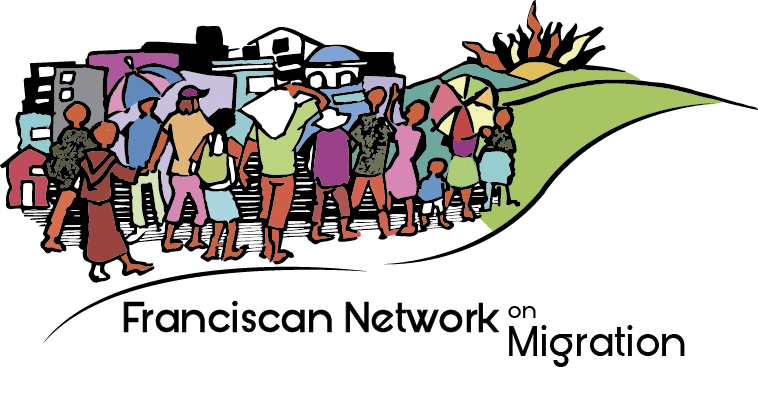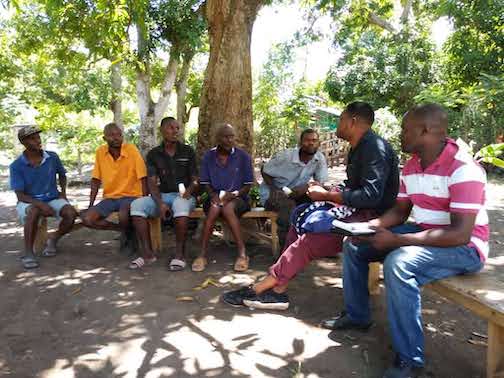Good news, bad news: The Biden administration and immigration in week 4
We’ll start with the bad news. Very bad news. Last Friday we reported that the administration had agreed to a suspension of removal flights to Haiti. They were suspended for one day (Friday), On Monday the flights began again, and have continued every day this week.




